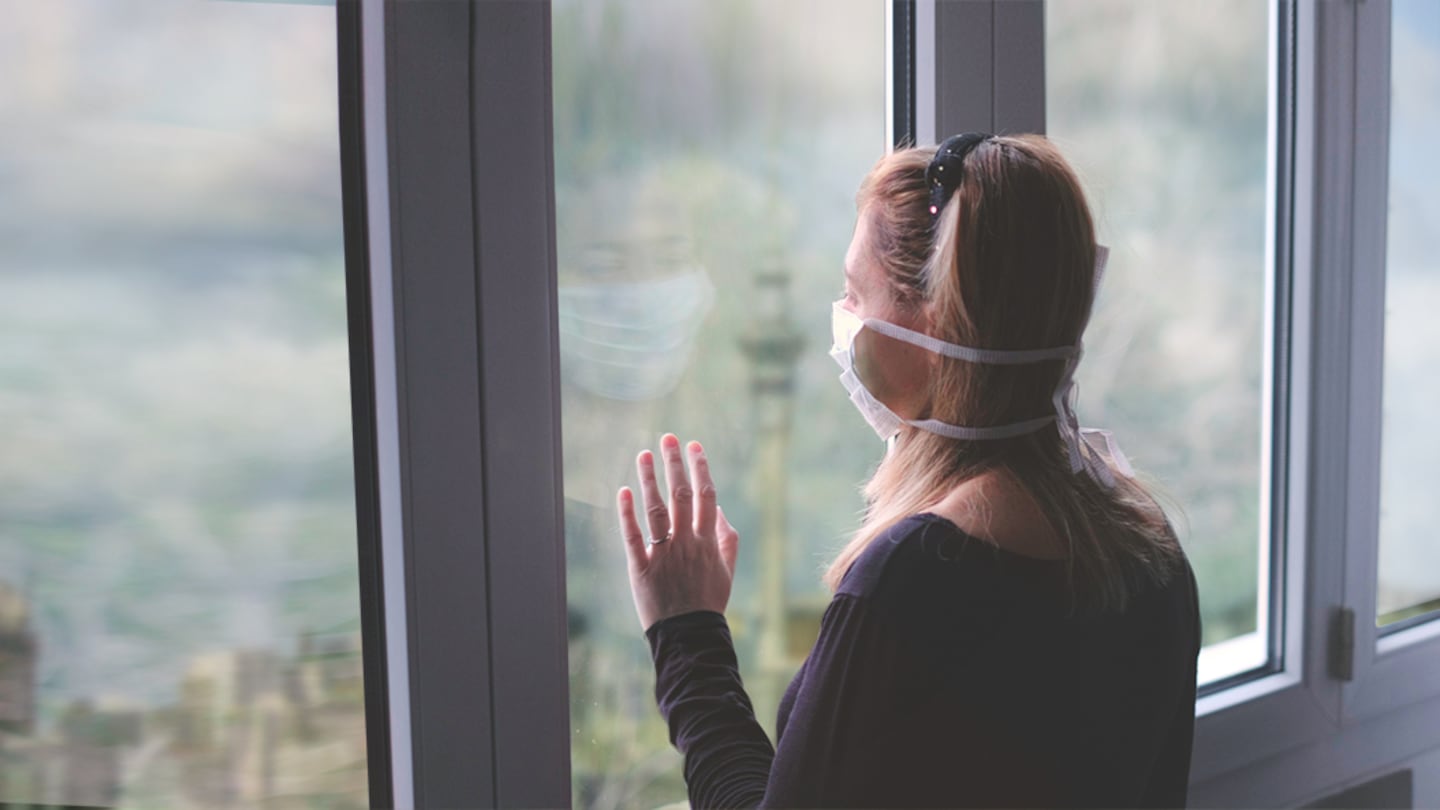Three and a half years after they were brought in, the last of the Covid-19 restrictions have been removed by the government.
It’s no longer a legal requirement, to self-isolate for seven days, even if you’ve tested positive for Covid-19, and masks are no longer mandatory.
But Māori disability advocate and lawyer Huhana Hickey says it still poses a real threat. She says the plight of the elderly, infants, and those with chronic health conditions is being ignored.
And the statistics seem to support her concern.
This year, 209 people have died on New Zealand’s roads, and there were 13 homicides. But people who have died from Covid-related illnesses are far ahead at 634.
Hickey says people with pre-existing conditions are most at risk.
“People who are immune-compromised, people going through cancer journeys, our elderly seniors, and children who haven’t built up their immune systems are still being affected and are still dying.”
“We have more people dying of Covid than we have on the roads and with homicides.”
Hickey also says very little data was gathered on the effects of Covid on the disabled.
“The Ministry of Health at that time, and Health New Zealand now, refused to collect the data of how many disabled, particularly Māori disabled, have died of, or with, Covid and, without that information, how do we know what community it’s impacting if you’re not collecting the data of every demographic that’s affected.”
Te Ao Māori News contacted Te Whatu Ora, which was unable to provide a comment



